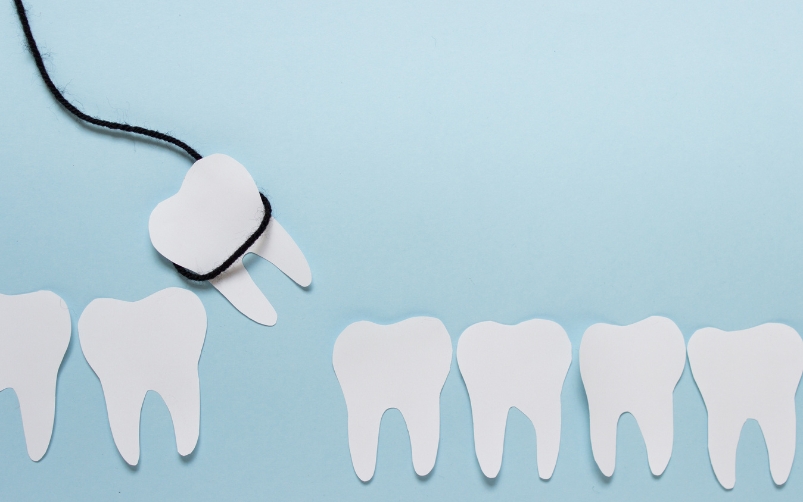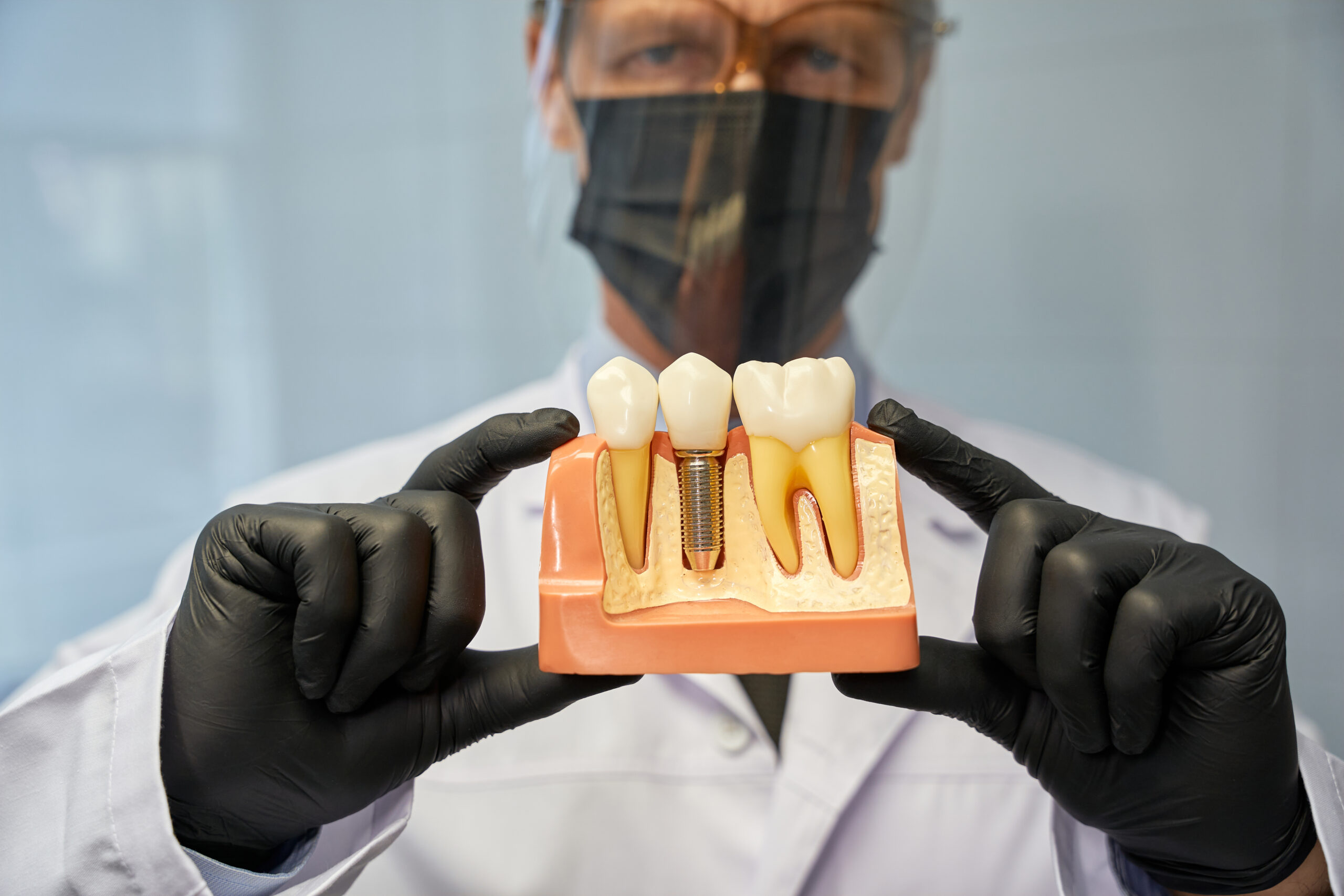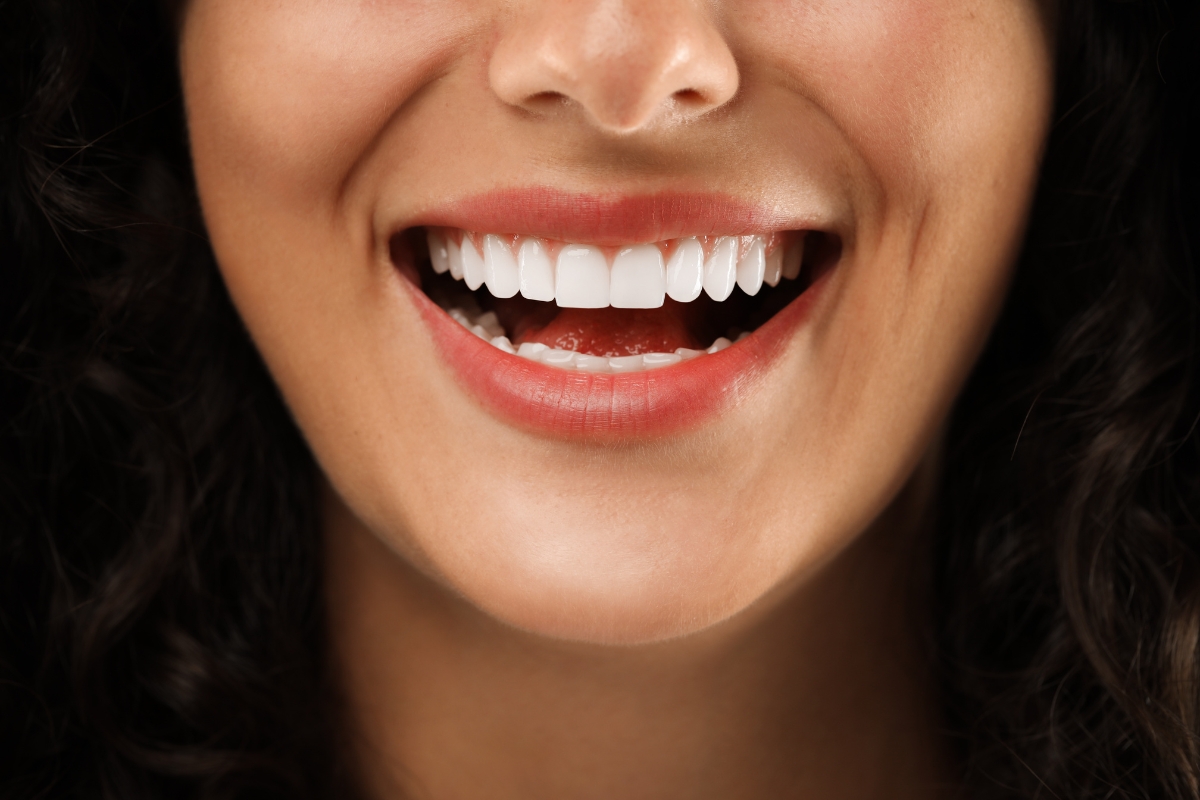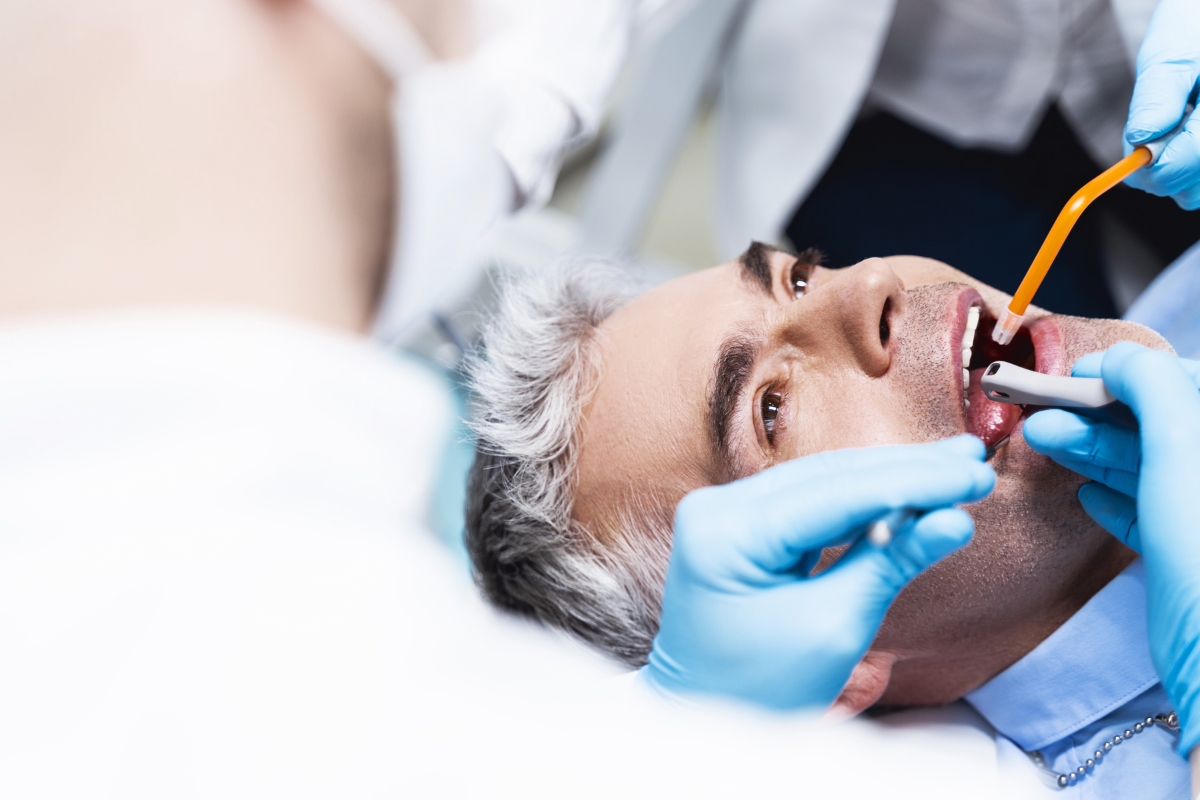
Can You Drink Soda After Tooth Extraction?
March 12, 2025
Tooth Extractions
Drinking soda immediately after a tooth extraction is tempting. However, the question is: is it safe?
Disregarding post-extraction instructions can cause excruciating pain and delayed healing. Remember, the dentist’s advice is more important than cravings. Most patients worry about dietary limitations, and soda is one of them. The fizz, sugar, and acidity could damage the healing process.
Tooth extraction creates a sensitive wound. It requires attention, not irritation. The burning question is—can you have soda after tooth extraction? The answer is not straightforward. However, this guide is here to help you. Read on before you crack open that can of soda!
Tooth Extraction Healing Process
Tooth removal is more than simply yanking a tooth. It’s a surgery. The body reacts by creating a blood clot in the socket. This clot is essential because it covers the wound. Moreover, it helps in new tissue development. Messing with it can lead to severe complications such as dry socket.
A healthy healing process involves keeping the extraction area clean and irritation-free. Bacteria, pressure, or acidic foods are capable enough to delay healing. This is why dentists advise against certain foods and beverages, such as soda.
Any error in aftercare could result in extended pain and delayed healing. Patience is essential for a smooth recovery following a tooth extraction in Matthews.
Why You Should Avoid Soda After Tooth Extraction?
Carbonation and Its Effects
Soda bubbles can taste cool. However, they are toxic after a tooth is extracted. The carbonation builds pressure in the mouth. It has the ability to disrupt the developing blood clot.
Sipping is enough to push the clot loose. It can also cause painful complications. Stability is needed for healing, and fizzy beverages upset that equilibrium.
Sugar and Bacteria Growth
Soda contains a lot of sugar. This makes the environment ideal for bacterial growth. The extraction site is susceptible to infection. Sugar speeds up the growth of bacteria. Plaque develops faster, and the healing process becomes slower.
Even rinsing after drinking soda will not altogether remove the risks. The elimination of sugary drinks guarantees bacteria-free healing.
The Acidic Nature of Soda
Soda is acidic, and acids irritate fresh wounds. Harsh chemicals have the ability to irritate the soft tissues within the extraction site. Acid burns through protective covers. It leaves the site more sensitive to pain and inflammation.
Healing tissues require a neutral environment, not an acidic attack.
Risk of Dry Socket
A dry socket is among the most excruciating complications following tooth removal. It occurs when the blood clot is removed. In addition, it leaves the nerves and bones open.
Soda does this twice: carbonation disrupts the clot, and drinking it through a straw causes suction to remove the clot. A dry socket leads to extreme pain and delayed healing. It necessitates a prompt visit to the dentist.
You must steer clear of soda as it is the simplest way to avoid this horror.
How Long Should You Wait to Drink Soda?
Dentists advise waiting at least 24-48 hours before drinking soda after a tooth extraction. The longer you wait, the better your healing will be. Stay away from soda for at least a week for the best recovery.
Healing times differ. Therefore, it is wise to seek advice from a dentist for personal guidance. Water is the best substitute. It keeps the mouth moist without damaging the extraction area. Staying away from carbonated and acidic beverages guarantees a smooth and painless recovery.
If you follow your dentist’s recommendations, it will ensure a fast recovery without complications. Consider sticking to safe beverages like water and herbal teas for a few days. Patience today leads to pain-free smiles tomorrow.
More Blog Posts

How Long Do Dental Crowns Last and What Affects Their Lifespan?

Correcting Tooth Gaps: Using Dental Veneers to Fix Diastema Without Braces in Matthews

Why Dr. Dawson Recommends Root Canal Over Extraction

Celebrating Dr. Ashley Dawson: Honored as One of America’s 40 Under 40 Top Dentists for 2025


